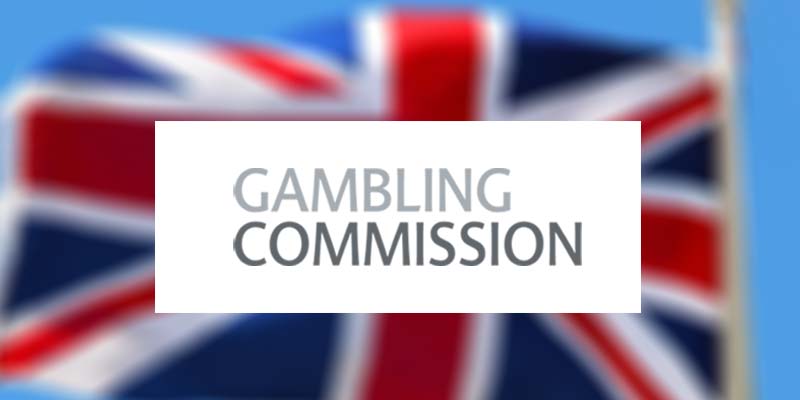Whistle-to-whistle Ads Ban Approved in the UK

The top names in the UK gambling industry have come to an agreement to ban whistle-to-whistle TV adverts. The time frame of prohibition is said to start as early as 15 minutes before a fixture and end sometime after the event has concluded. This doesn’t just include the play time before the final whistle but half time as well.
The decision was spurred by a combination of political and public pressure, coming in the wake of a Gambling Commission report describing 430,000 Brits as problem gamblers. Meanwhile, anti-gambling activists expressed strong opinions, claiming that the way sports betting adverts are delivered desensitizes the average viewer to gambling
Since whistle-to-whistle adverts are often insisted to worsen the problem, as well as being conducive to under-age-gambling, the industry had little choice but to take heed.
What Are the Consequences?
Despite the Government commending the industry’s biggest names, it seems as though they have dug themselves into a hole. The equity market adequately reflects the gravity of the sports betting industry’s woes. Thursday night marked a decline of three percent in William Hill’s shares price. This occasioned a downturn in equity value that affected GVC’s share price too, causing it to fall almost 6 percent.
A maneuver like that is believed to hamstring not only the bookies but also the TV companies. Through the tactful decision, the ban on sports betting promotions will deliver a blow to Sky and BT’s revenue once it comes into effect. In theory, this could happen as soon as early 2019.
Horse racing won’t be imposed any restrictions in regard to advertising for fear of disastrous consequences for its chances of survival. On the other hand, sports betting operators heavily reliant on football may incur a significant loss in viability. A quick research shows that a whole lot of Premier League and Championship clubs have betting firms as major sponsors. The gambling industry has always been belabored for having too strong an influence on English football, but from the looks of it, the time has come for it to loosen its grip.
Is the Ban an Effective Solution to Underage Gambling?
Some say the unanimous decision to ban TV gambling adverts altogether is a tap-dance around the real problem, that is online advertising. Regulative organizations like GambleAware are the ones to reaffirm the disturbing fact that gambling companies have mustered huge following on social media, consisting of both adults and underage users. GambleAware CEO Marc Etches states that the worrying side of this is that one in eight kids the age 11 to 16 follows at least one gambling operator on social media.
Neil McArthur, chief executive of the UK Gambling Commission, made a bold statement to alleviate the social pressure condensed by underage gambling, saying that the strict measures will “make all online casino operators sit up and pay attention”. Jeremy Wright was quick to get in on the act adding: ”Any online operator that thinks it can ignore its duty to protect players should take note today – there will be consequences”.



